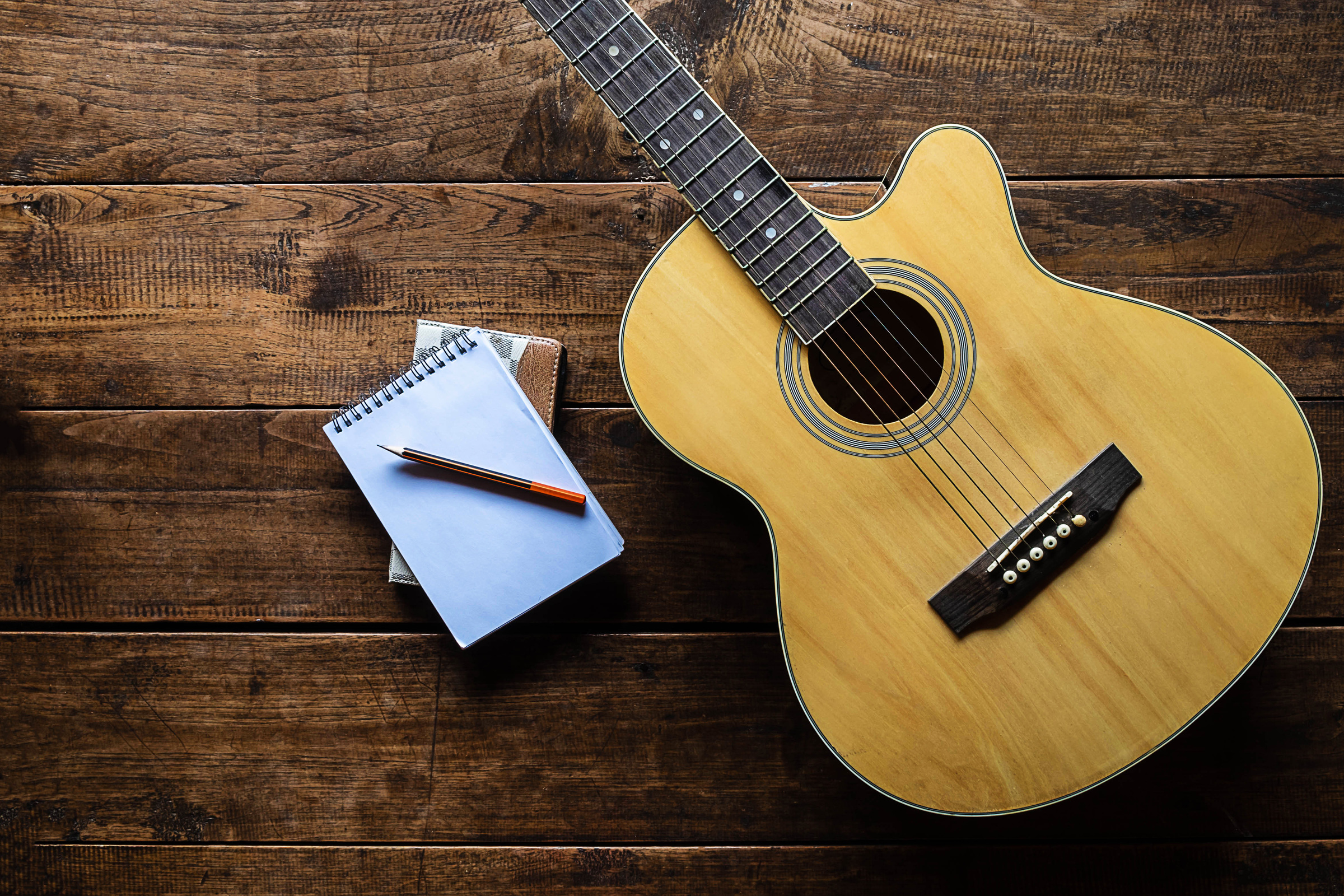Recently, a fan of my music reached out to me to ask:
“I want to start writing and making music, but I honestly don’t have a clue where to start. Any advice?”
My response to him was thorough enough that I figured it might benefit other people, too. So, have YOU ever had the itch to try your hand at songwriting? Give these practical tips a shot, and let me know how it turns out! I’d love to hear what you come up with.
1. Carry around a notepad and pen at all times, and become close friends with an audio recorder (or a voice memo app on your phone). Whenever you get ANY random ideas or inspiration, take a moment to write them down or record them, whether it’s a melody, one line of lyrics, a song title idea, a guitar riff, a chord progression you like, or even just a concept that you might want to try writing a song about later. (Also, if you have a musical idea that you’re worried you might forget how to play, consider recording a video instead of a voice memo. Trust me: I’ve wasted hours of my life relearning ideas that I had to figure out with nothing but a low-quality voice memo.)
2. Don’t get too caught up in the art of recording and demoing… yet. Now is the time to let your songs ideas cook and simmer. Focus on having core songs that you like a lot, that you believe in. Recording those ideas will come in due time, and starting out, it’s best to get help on that — not only because you’ll want to learn about recording from people who are more experienced than you, but also because you should want to get perspective on your songs from others before recording them. But like I said — that’s future talk! Simply focus on the writing aspect of your songs for now.
3. Study the music you love. Take notes when a band or song you like does something cool that you might want to try in your own songs. And try learning their songs, too! There’s nothing wrong with tabs, but I would always recommend trying to learn by ear first; figure out as much as you can on your own, and then turn to a tabs website or a YouTube tutorial to figure out the rest. Pro tip: learn a song during the evening, practice it a few times, sleep on it, then wake up early enough the following morning to spend some time writing. Odds are high that you’ll be ripe and ready to compose something that’s similar and inspired by what you learned the night before, without totally ripping it off.
4. Set aside time (every few weeks or at least once a month) to sit down for a few hours and really try to hammer out rough drafts of your songs. Literally block off this time in your calendar! Select a time frame where you can put aside your phone (or go on airplane mode), remove other distractions, and simply sit with the ideas that you’ve been collecting during steps 1-3 (notes, memos, videos, etc.). Now’s the time to take those ideas and expand upon them. Try finishing the little song-pieces you’ve started, or maybe even try combining unrelated ideas to see whether they work together!
Fun fact: my debut single “Matter” was created this way. It started out as the combination of: a vocal melody idea from a voice memo I’d recorded on my phone in the bathroom of a Starbucks; one line of lyrics that I’d written on a note; one cool guitar chord progression that I’d fleshed out and taken a video of; and one drum beat that I’d recently jammed out at a Guitar Center. Bringing those four disconnected ideas together was inspiring, and the combination of these ideas quickly blossomed into the full song!
At this stage, don’t worry about perfection. Simply try to finish a rough draft of the song — something that feels complete, has some sort of structure, and passes the 2- or 3-minute mark. You can always come back later to revise, rewrite, etc., but it’ll help you grow a lot as a songwriter to push each song through to a fully structured level of completion, even if you don’t think the song is very good. You’re merely creating first drafts at this point, so you don’t need to concern yourself with working out every kink or recording a pristine demo. Capturing video footage of a live acoustic performance is suitable enough, even if the performance contains sloppy mistakes!
In order to help you finish your songs, never be afraid to lean on tried-and-true song structures. You are always more than welcome to explore different song structures or to pursue avant garde ideas that don’t follow any normal structure whatsoever, but MOST songs in the modern era follow something along the lines of:
Verse 1
Chorus
Verse 2
Chorus
Bridge
Chorus
You can also expand upon this structure or make various iterations of it with the following:
(Optional) Intro (Such as a unique musical moment or an instrumental tease of a future section or melody)
Verse 1
(Optional) Pre-Chorus 1 (This is a great moment to add dynamic variation from the verse, or, if your verses and choruses are similar, you can switch things up by writing a brief section that uses different chords or explores a different vocal range)
Chorus 1
(Optional) Chorus Tag, Turn, OR repeat of the “Intro”
Verse 2 (Consider adding/changing something so that verse 2 isn’t identical to verse 1)
(Optional) Pre-Chorus 2
Chorus 2 (Consider an extended chorus or a double chorus)
Bridge / Instrumental Solo
(Optional) Verse 3 OR Pre-Chorus 3
Chorus 3 (This is a great opportunity to switch things up from previous choruses without ruining your established hook, by offering a key change, a shift in the drum patterns, employing a double chorus with differing dynamics from each other, or making small alterations to the established lyrics/melodies)
(Optional) Outro, Chorus Tag, OR repeat of the “Intro”
Happy writing! I hope you found these four pieces of advice to be helpful, and I can’t wait to hear what happens!
[Featured image courtesy of Vecteezy.com]





